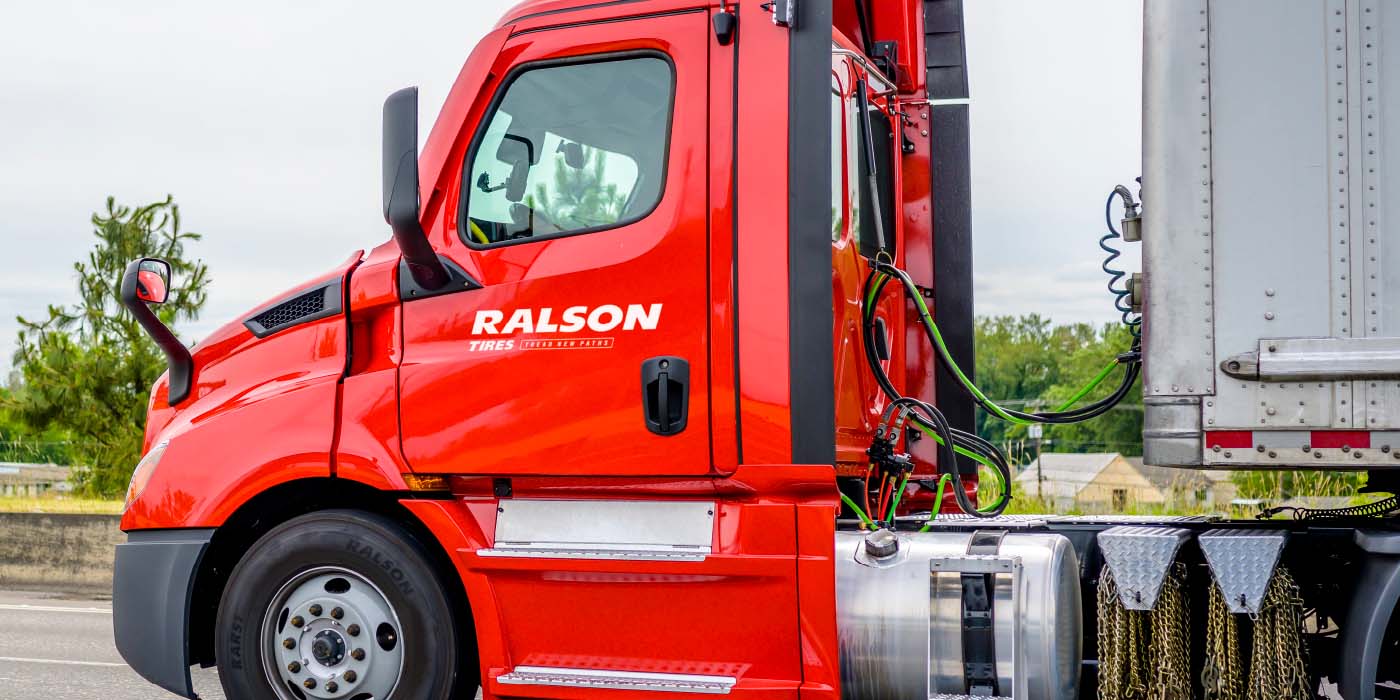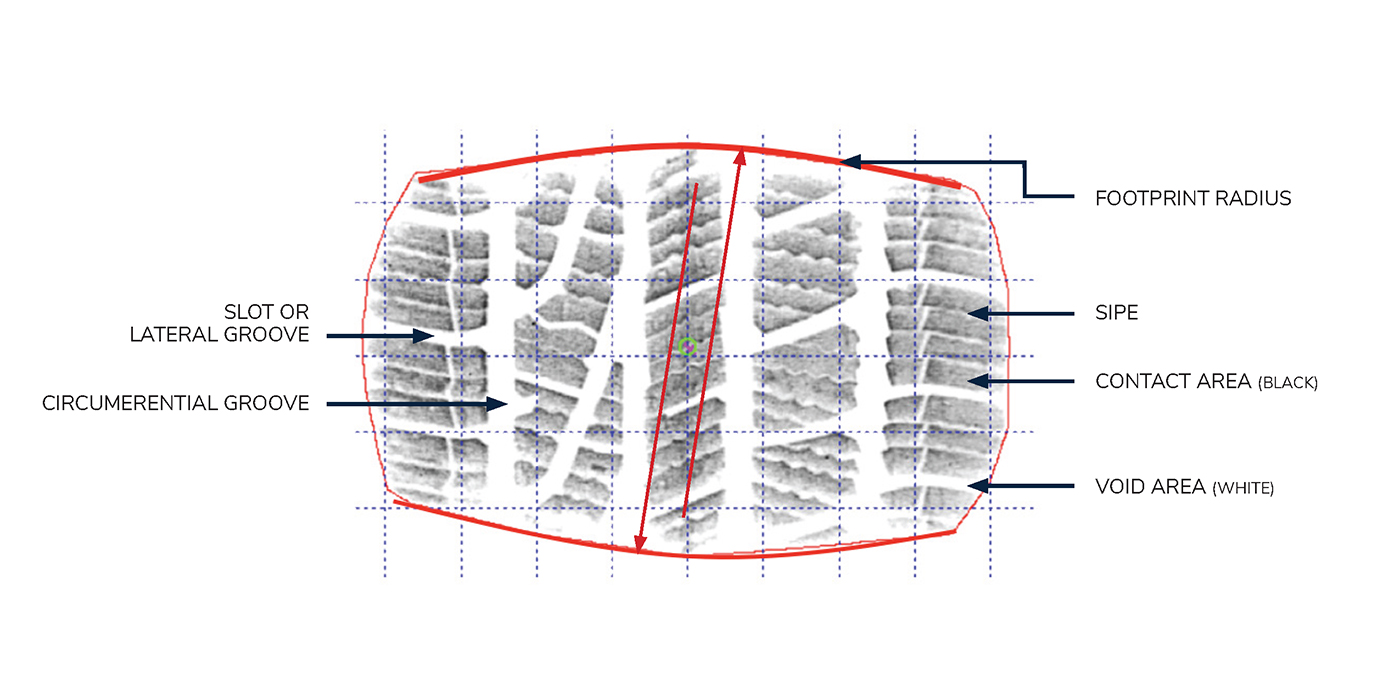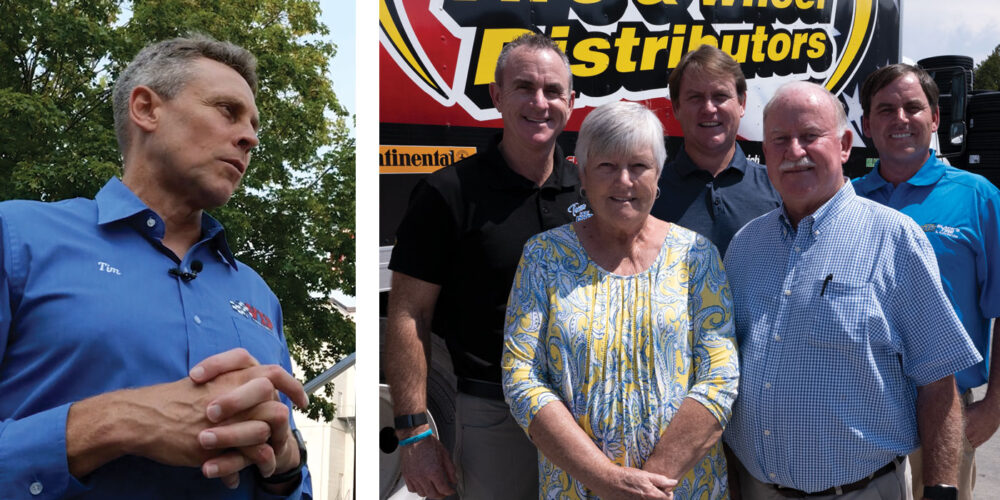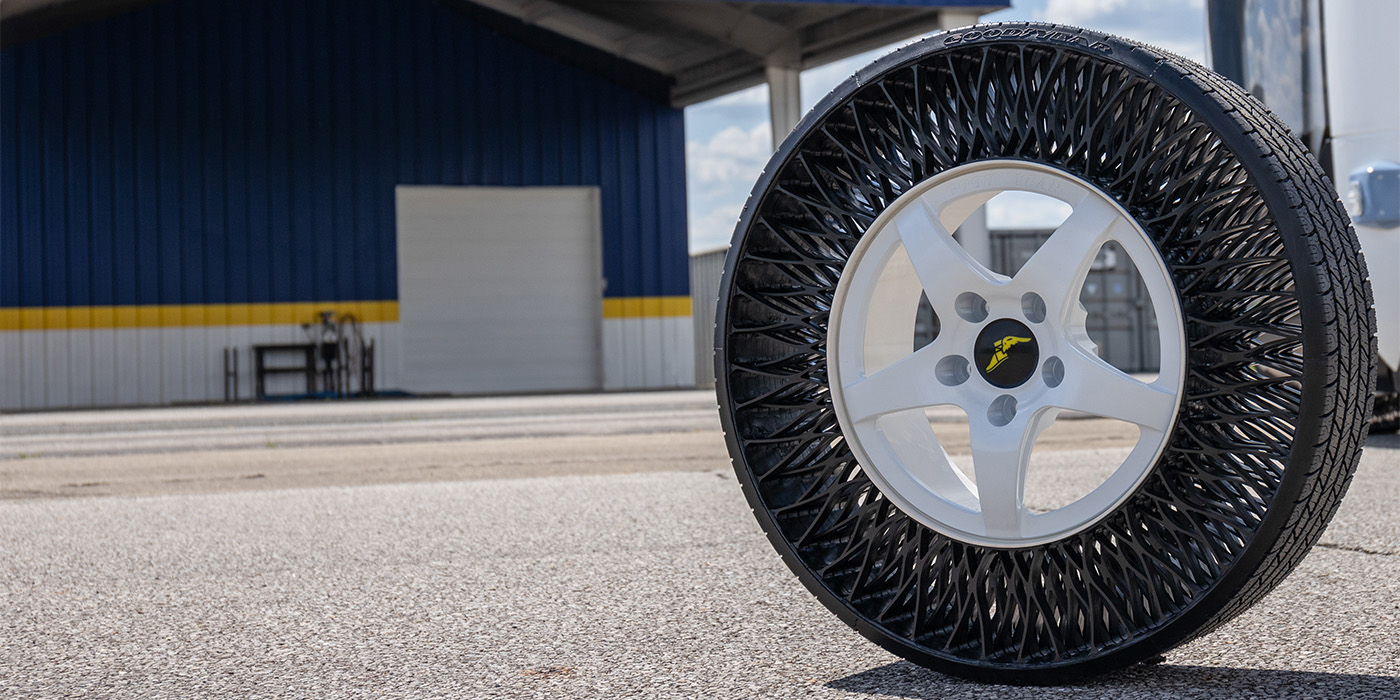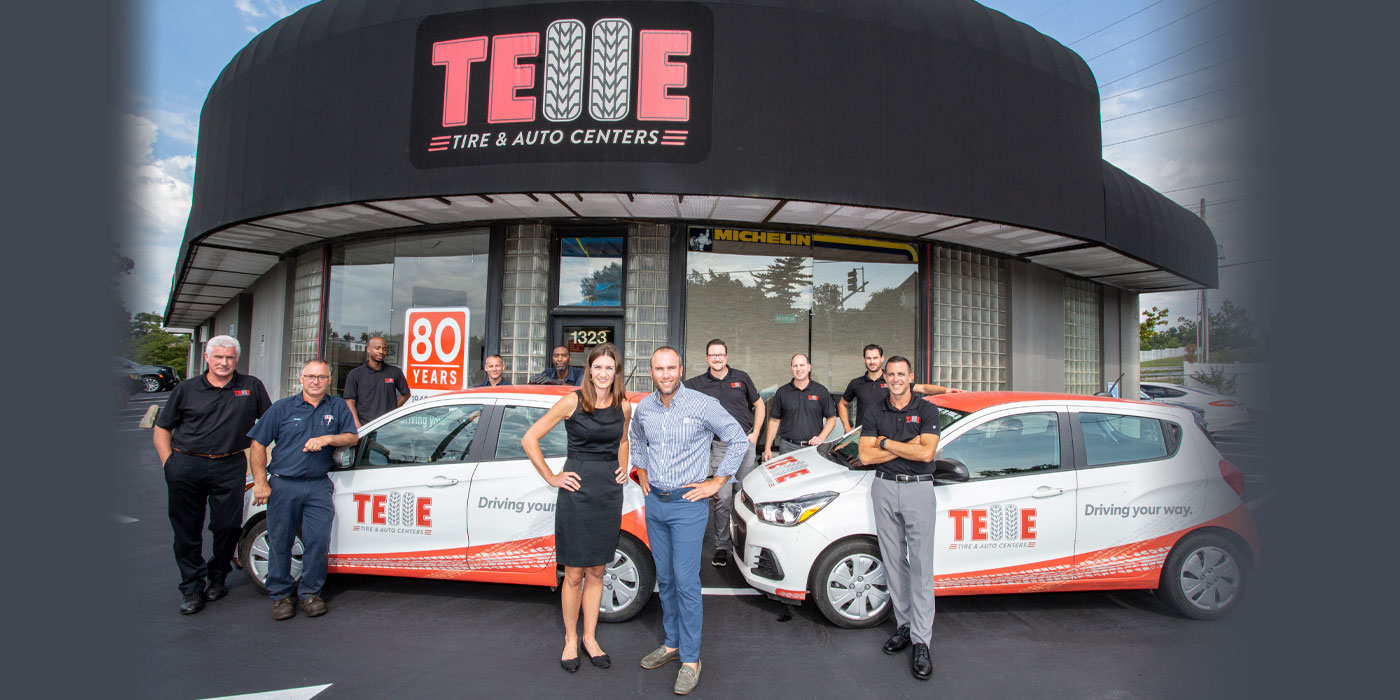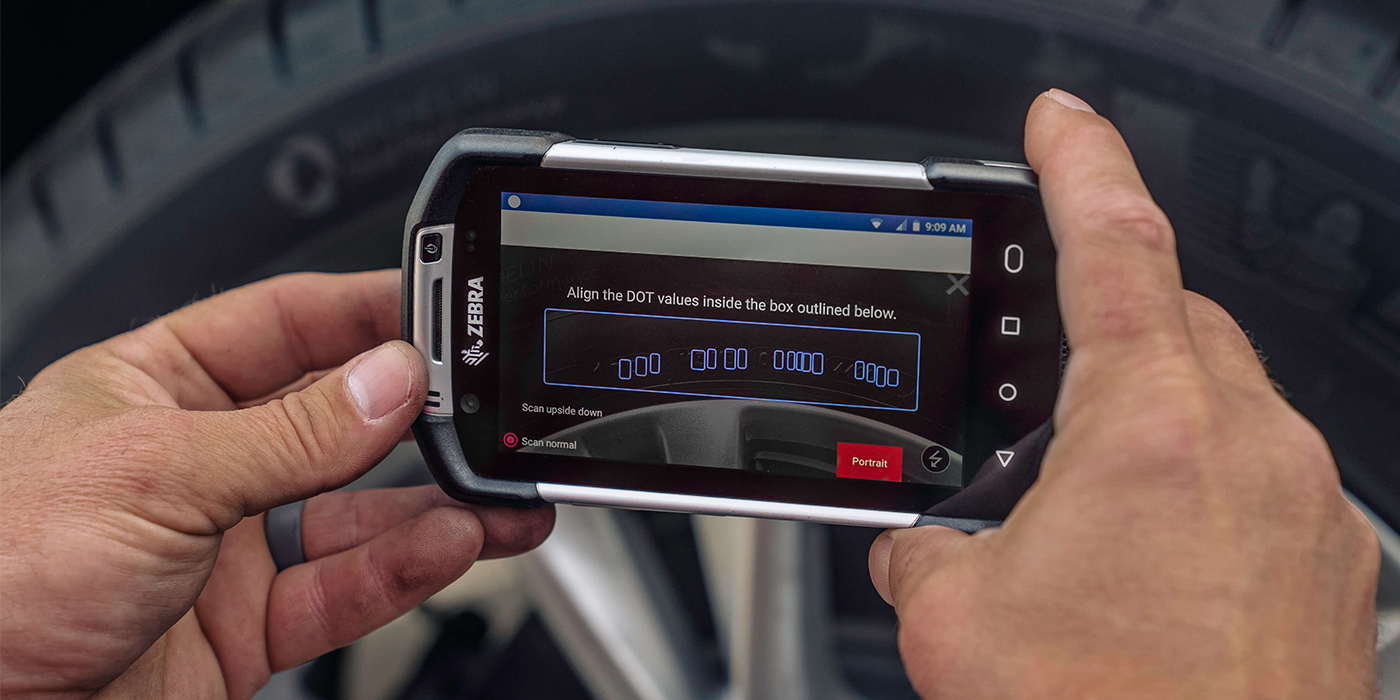It’s been a few weeks since the calling hours and funeral of Billy Scheier. Somewhere in Virginia his son, Bill Jr., is probably in a classroom, searching for a new normal without his biggest fan. Wife, Wendy, is probably missing him every day, summoning the strength to smile when asked how she’s doing: “I’m fine.”
Billy died in the wee hours of a Friday in August just two days after his son started back to high school. A maintenance electrician at the Goodyear plant in Danville, Va., he died of “blunt injuries to the chest and mechanical asphyxia” according to the medical examiner’s office in Roanoke. For the rest of us, that translates to him being crushed by something heavy.
His is the fourth death at the Danville plant in 12 short months. Before that, Goodyear hadn’t had a manufacturing fatality in North America since 2008.
It started back in August 2015. Jeanie Lynne Strader was a great pianist and a real sweetheart, according to those who knew her. She worked at the Danville plant for 15 years as a windup operator and roll changer until a Monday night when she reportedly got caught in the rollers of the equipment she knew so well.
Kevin Edmonds probably knew the Danville plant like the back of his hand. He’d been working there for 26 years, spending most of his days mixing batches of rubber. According to the autopsy, cause of death was asphyxiation, an “industrial accident.” His family didn’t want to talk about the details of Kevin’s death. When interviewed by a local news station, they expressed gratitude. “We just wanted to sincerely thank all of Kevin’s coworkers and Goodyear management for being so kind and compassionate through all of this,” said Kevin’s brother on behalf of the grieving family. Kevin died on a Thursday.
About two weeks after Kevin’s death, Greg Cooper was found dead Tuesday morning at the plant. Not only was he a Navy man, a master carpenter and well-liked maintenance mechanic, he was a good husband, father and papa according to his obituary. The medical examiner’s office in Roanoke said he died from “drowning and thermal injuries.” Burning and drowning while at work in a tire factory? I don’t even want to think about it.
So let’s look at Goodyear. Of course the managers at Danville care about their workers – they’re human, after all. After the first death in 2015, I can only image that the whirlwind of meetings that ensued and communication plans to reinforce the importance of safety. And after the second death in the spring with a fast-follow third, they had to be on high alert all summer to make sure it never happened again. Even in the midst of all that heightened awareness, Billy died in August.
When I asked the folks at Goodyear about what happened, they said that each incident at Danville was different. Each involved different physical conditions and circumstances within different areas of the facility on different types of machinery. From the start, they said they have been making improvements to make Danville safer, ranging from “implementation of new safeguards throughout the plant to process improvements.”
Government agencies and unions have also been involved there for months now. Goodyear told me that OSHA checked out the machine involved in Billy’s death in August and said it was OK, releasing it for production. The company also said they are still studying what happened in August to learn from what went wrong, to continue to improve.
I share these stories as a morbid reminder about what’s truly important within your operation – the safety of your people. What if it were your shop, one of your employees?
Statistics show that auto service work is far more dangerous than working in a tire plant. According to the most recent data available from the U.S. Department of Labor Bureau of Labor Statistics (BLS) on workplace fatalities, in 2014 there were 21 deaths at “automotive parts, accessories and tire stores” and seven deaths at “tire dealers.” This can be compared to zero deaths in the same time period related to rubber product manufacturing, and one loss related to the making of belts and hoses.
Even when you take loss of life out of the equation, automotive service technicians and mechanics have one of the highest rates of injuries and illnesses of all occupations. “Service technicians must frequently work with heavy parts and tools. As a result, workplace injuries, such as small cuts, sprains, and bruises, are common,” according to the BLS.
When I dug into the details behind the Goodyear tragedies, I saw some trends. Most of those who died were in their early 50s, except for Billy who was 47. Most had been working there for quite some time, long enough to be familiar with the place, the job and the equipment. It’s safe to assume there were probably safety violations, maybe a few corners cut. Perhaps they took on extra risk, trusting their experience to decide what safety practices to follow and which rules they could bend. Perhaps it was a situation where employees were not always held to task when it came to things like safety over speed or convenience. I can’t say because Goodyear couldn’t comment – the investigations are ongoing.
The lesson here for tire dealers is that workplace safety needs to be a constant focus. Be sure your teams don’t get complacent. “Familiarity breeds contempt,” means people can lose their healthy sense of caution in certain situations when exposed to hazards day after day. The requirements and recommendations by OSHA are not intended to be a hassle – they’re designed to keep your people safe, to make sure they return to their loved ones at the end of the day.
Bottom line is this: Protect your people. Enforce the rules and set the example for others to follow. Review safety issues with your team and correct bad habits. Inspect your equipment regularly to make sure its in great shape, replacing it when you should. Don’t tempt fate with shortcuts and workarounds. And don’t wait for OSHA to call before you do things right.
Each life creates a web of connections; each death leaves a void that’s hard to fill. Billy Scheier was probably a great guy who loved to cheer on his son at the ballpark. He also loved to cook so much that his friends nicknamed him “Billy Crocker.” I never sat at his dinner table, but I wish I had.
May his passing and the tragedies at Goodyear inspire you to make shop safety an active priority for your team. It should be more than posters and good intentions.
The families of your staff are counting on you.
To your success,


